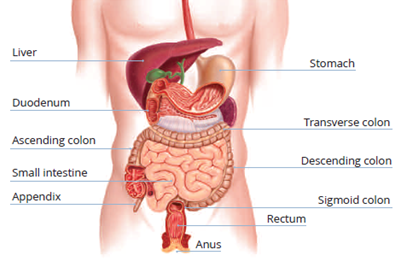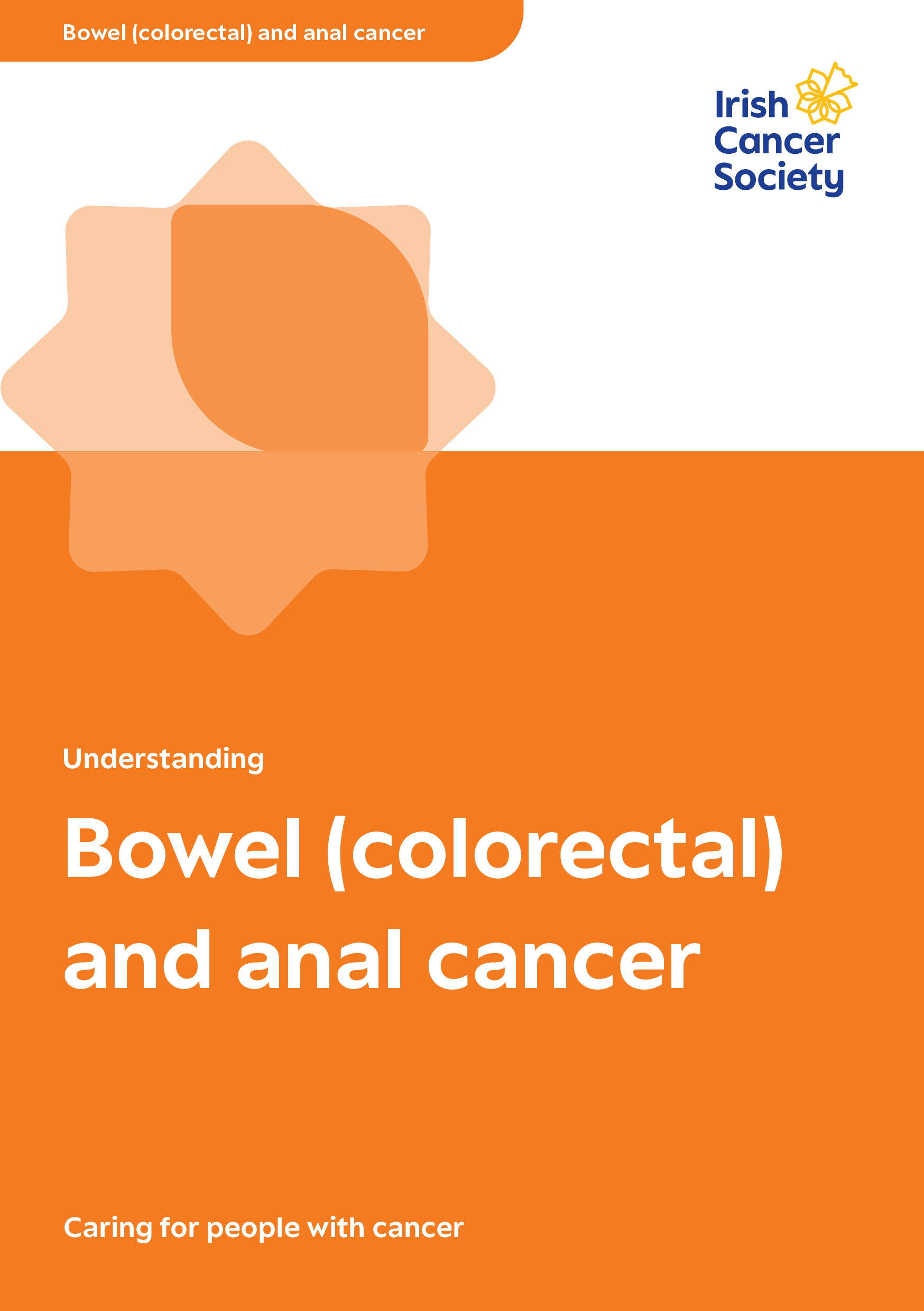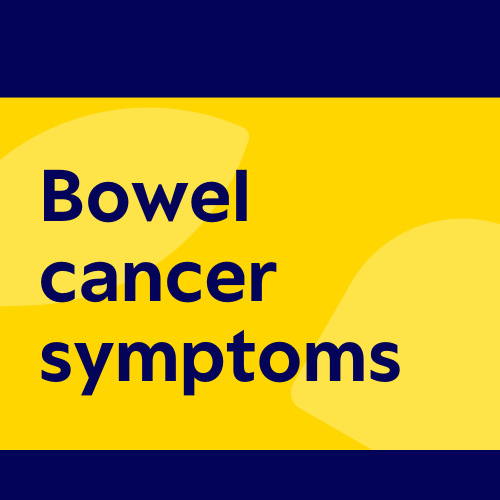A short video about bowel cancer, the signs and symptoms, types and treatments, and how to reduce your risk.
Bowel (colorectal) cancer
Bowel cancer is also called colorectal cancer, as it describes cancers that affect the colon or the rectum. Most bowel cancers affect the colon.
About 2,855 people are diagnosed with bowel cancer in Ireland each year.*
Signs and symptoms
Learn about the signs and symptoms of bowel cancer. You are more likely to survive cancer if you find it at an earlier stage.
Treatments
There are a number of different treatments available for bowel cancer. Your medical team will explain the best treatment options for you.
What is bowel (colorectal) cancer?
Bowel cancer is also known as colorectal cancer or cancer of the colon or rectum.
- Colon cancer is when cancer develops in the colon.
- Rectal cancer is found very low down in the bowel close, to the anus. It can be treated differently to cancer of the colon.
Bowel cancer is when the normal cells in your bowel grow in an abnormal way to form a lump called a tumour. The bowel is part of your digestive system. This cancer may cause a blockage in your bowel, which can affect how your bowel works.
The bowel has two parts – the small bowel and the large bowel. Most cancers occur in the large bowel - in the colon and rectum.
You can watch our bowel cancer video to find out more
What is the bowel and what does it do?
The bowel is part of your digestive system. It can be divided into 2 parts:
The small bowel
This is made up of the duodenum, the jejunum and the ileum.
Cancer rarely happens in the small bowel.
The large bowel
This is made up of the colon, rectum and anus. The colon is about 5 feet (1.5 metres) long. It is divided into 4 sections: ascending colon,
transverse colon, descending colon and sigmoid colon.

Most cancers occur in the large bowel.
When you eat, the food goes into your stomach and passes through into the small bowel, which takes in nutrients from the digested food. It passes into the large bowel, which absorbs water and salts.
The waste matter that is left is stored in your rectum (back passage) until ready to pass out of your body through your anus. This waste
material is known as poo, faeces or stools.
Risk and prevention of bowel cancer
Having a risk factor doesn’t mean you will get cancer. Sometimes people with no risk factors get the disease.
Read more about risk factors and reducing your risk of bowel cancer.
Medical content updated from our 'Understanding bowel (colorectal) and anal cancer' booklet (2025), reviewed by:
Prof Michael E. Kelly, Chair of Surgery -Trinity College Dublin/St James Hospital, Dublin
Prof Charles Gillham, Consultant Radiation Oncologist
Dr Emily Harrold, Consultant Medical Oncologist
Delia Flannery, Colorectal Nurse Specialist
Emma Loughnane, Oncology Clinical Nurse Specialist
Barbara Parkinson, Daffodil Centre Nurse
Publications about bowel cancer
Talk to a Cancer Nurse

Support Line
Our Daffodil Centres

*The Irish Cancer Society uses the most up-to-date cancer statistics from the National Cancer Registry Ireland, available on www.ncri.ie


